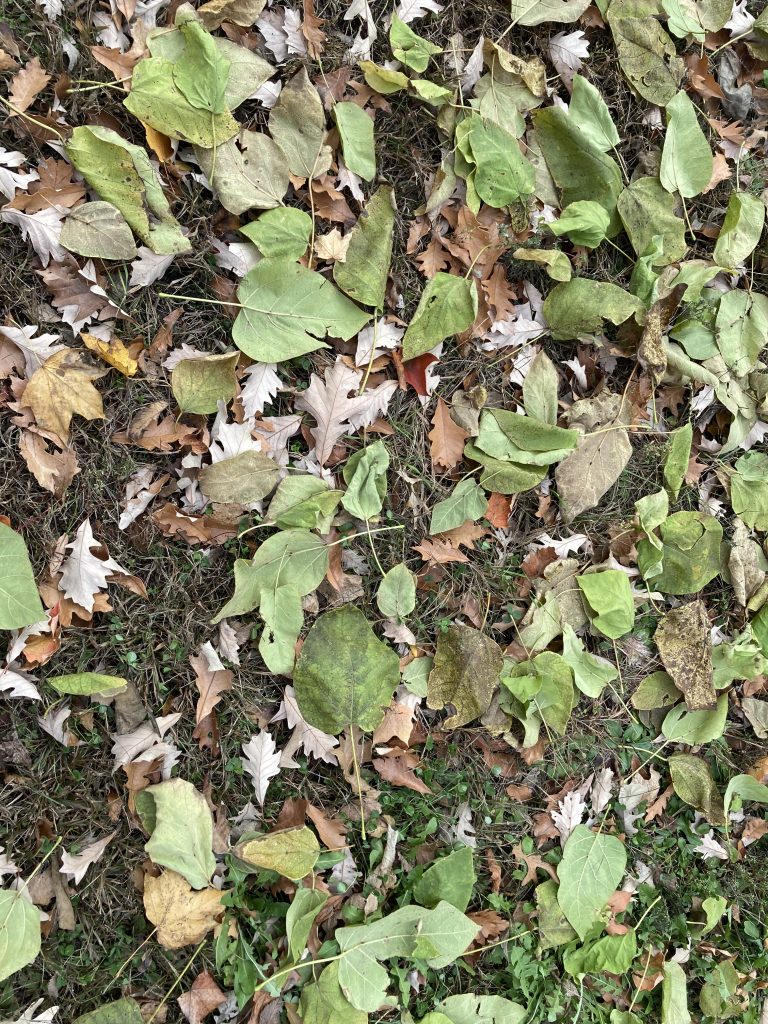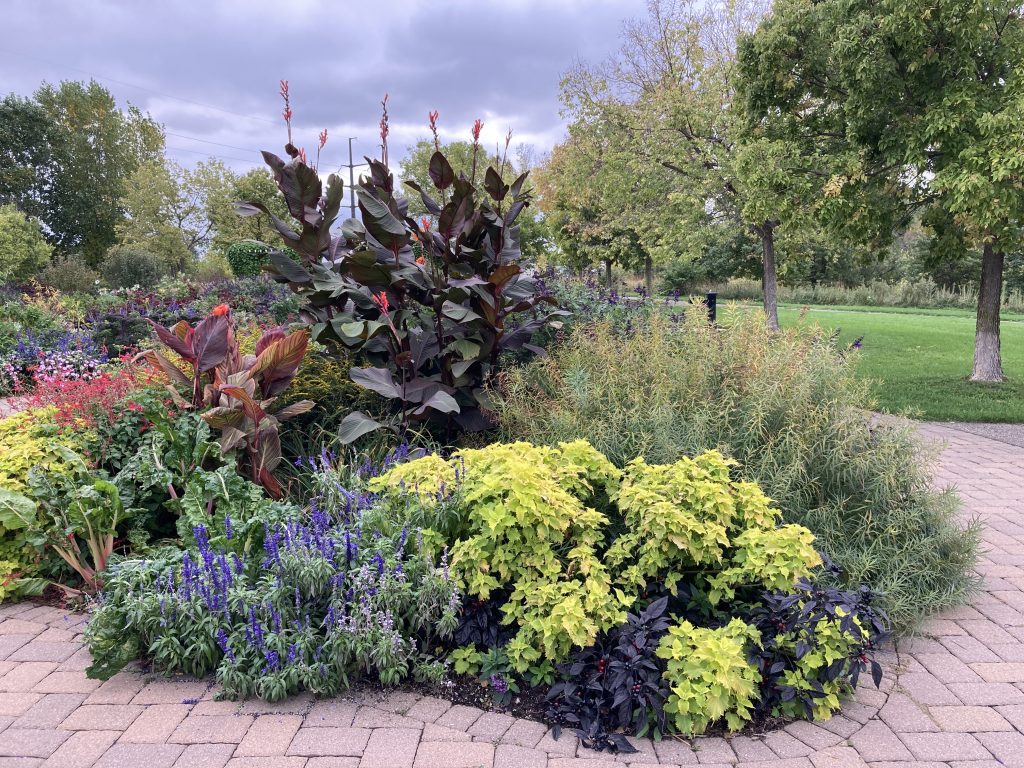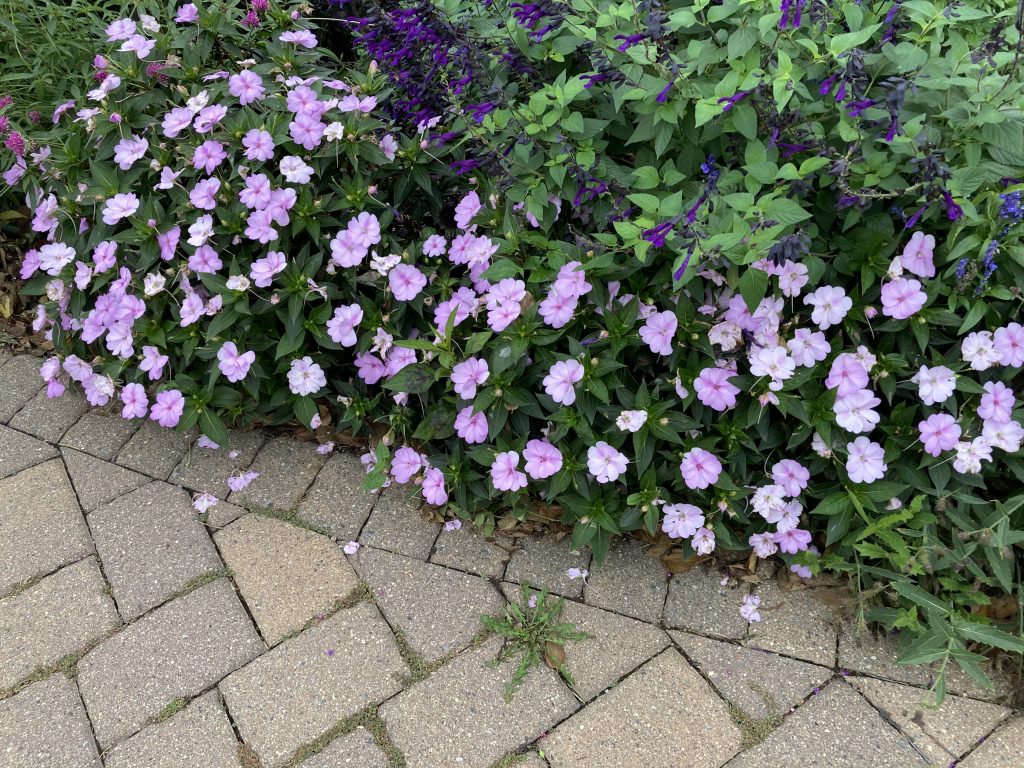3.65 miles
turkey hollow
52 degrees
It felt good and necessary to run this morning. Yesterday I spent a lot of time on the couch reading and watching (or, more like listening to) my son play Earthbound, an old video game that Scott used to play when he was kid. Also watched a few episodes of FWA’s new (to him, but around for years) favorite anime, One Piece. I wish I could see it better with my bad eyes, because I was enjoying it. Anyway, I spent so much time sitting that my resting heart rate was at 45. I needed some exercise this morning.
added a minute later: Reading back through this entry and thinking about my need to run, I feel compelled to add that haunting this run (and also making it necessary) are what I read over coffee early this morning: horrifying headlines about the atrocities being committed against Palestinians in Gaza and the failure of the US government in not only refusing to condemn them but condoning them in their uncritical support of the Israel government. Heartbreaking.
For most of the run, I was rerouted by obstacles: city workers trimming trees — turn right, here! — trucks sweeping the streets — now left — a parks’ vehicle clearing off leaves on the path — better stay in the grass! — a few more parks’ trucks patching the path — time to cross back over to the road! — a young kid with an adult — no narrow Winchell Trail for me today. A meandering run.
I could make a list of things I noticed — shrieking squirrels, squeaking leaves, wet and sloppy mud, yellow and red and orange leaves, beeping trucks — but the thing I’d like to remember most is the circle of bright, burning light through the gap in the trees as I ran down the small hill just past the double bridge: the sun reflecting off the rough surface of the river. Wow! No color, just pure shine, burning bright through the trees.
Rust
Before I went out for a run, I began to gather words about rust and planned to think about rust as I moved. Maybe it was the distraction of all of the detours or my sore legs or the joy of being outside, but I forgot. Here are the words I gathered:
1 – from Leaves/ Lloyd Schwartz
You’ll be driving along depressed when suddenly
a cloud will move and the sun will muscle through
and ignite the hills. It may not last. Probably
won’t last. But for a moment the whole world
comes to. Wakes up. Proves it lives. It lives—
red, yellow, orange, brown, russet, ocher, vermilion,
gold. Flame and rust. Flame and rust, the permutations
of burning.
2 — from 8 august 2023
Listening to the line in Taylor Swift’s “Bad Blood”:
Did you have to do this?
I was thinking that you could be trusted
Did you have to ruin what was shiny?
Now it’s all rusted
and thinking about shiny vs. rusted, and rust in the fall, then I noticed some rust on one of the big metal tubes all around the neighborhood that the city is using for their sewer work — Scott says these tubes get placed vertically in the ground and the workers stand in them as they do their work.
3 — from 18 april 2023
I’m very interested in rust as a color too. I last mentioned in on March 13, 2023 with Schuyler and ED’s “elemental Rust.” I’m thinking of it less as a color-as-noun (like brownish reddish orange), more as color-as-verb and in relation to erosion, decomposing, crumbling — this is where it connects with texture. Does this make any sense, even to me? Not sure, but it seems helpful to think of rust in relation to shiny. Are they in contrast to each other? Only if you imagine shiny and sparkling as new, which isn’t always the case.
4 — Crumbling is not an instant’s Act (1010)/ EMILY DICKINSON
Crumbling is not an instant’s Act
A fundamental pause
Dilapidation’s processes
Are organized Decays —
‘Tis first a Cobweb on the Soul
A Cuticle of Dust
A Borer in the Axis
An Elemental Rust —
Ruin is formal — Devil’s work
Consecutive and slow —
Fail in an instant, no man did
Slipping — is Crashe’s law —
5 — from 11 march 2023
The sky
Colors itself rosily behind gray-black and the rain falls through
The basketball hoop on a garage, streaking its backboard with further
Trails of rust, a lovely color to set with periwinkle violet-blue.
A rosy sky behind gray-black clouds? Not pure reddish-pink or pinkish-red but the hint of it behind something darker. The rust — did I see rust anywhere on my run? I don’t think so.
6 — from 8 march 2023
Before heading out for my run, I had started revising my “How to Sink” poem. Thought I might get some inspiration by the gorge. Later, as I ran, I realized that I should wait to finish this poem when it’s spring, or at least warmer, when everything is dripping and oozing and flowing down to the river. I thought of this as the sharp flurried stabbed my face. Was thinking that I should do a “How to” poem related to water through the seasons.
Summer = How to Float
Spring = How to Sink
Winter = How to Settle? — something about snow that’s packed, layer, staying (not melting), compacting — How to be compact? or, How to Shrink?
Fall = I need to think about this one some more. What does water do in the fall? Maybe something related to decomposing — leaves falling, drying up, becoming brittle? water leaving — freezing — frost? fog? or, How to Rust?
7 — from 20 january 2023
Noticed all of the rusty orange leaves still on the trees near the tunnel of trees.
8 — from 13 november 2022
rusty brownish red stain on the lake st bridge
9 — from Perennials/ Maggie Smith
You can hear
the sound of wind, which isn’t
wind at all, but leaves touching.
Wind itself can’t speak. It needs another
to chime against, knock around.
Again & again the wind finds its tongue,
but its tongue lives outside
of its rusted mouth.
9 — from 22 october 2021
As I was running through minnehaha regional park, I thought about the things that have stayed the same, the things that have changed, and what seems to still be present as living and vital, and what only remains in decay, or in the faintest traces of what it had been. I was thinking about this as I ran by the playground, which was redone five or so years ago, but still has some old equipment, like the creaky, rusty swings. Something about that reminded me of a few lines from Poe’s “The Bells,” especially the bit about the rust.
Hear the tolling of the bells—
Iron bells!
What a world of solemn thought their monody compels!
In the silence of the night,
How we shiver with affright
At the melancholy menace of their tone!
For every sound that floats
From the rust within their throats
Is a groan.
10 — from 28 october 2021
Reading through Poe’s “The Bells” again, I’m thinking about how the bells in this verse are not clock bells, tracking the precise, steady passing of time (which reminds me of the lines about the blind, dumb clocks and no time for the martyr). These bells toll, groan, moan, roll, throb, sob, knell. The sound of the bells floats from rusty throats, is muffled, melancholy. When it is mentioned that they keep time, it is not the time of life, but of death.



